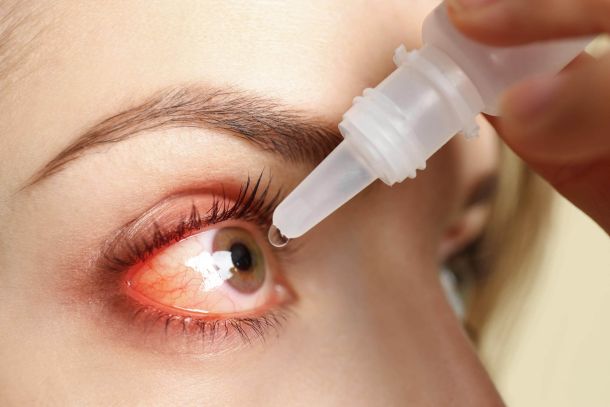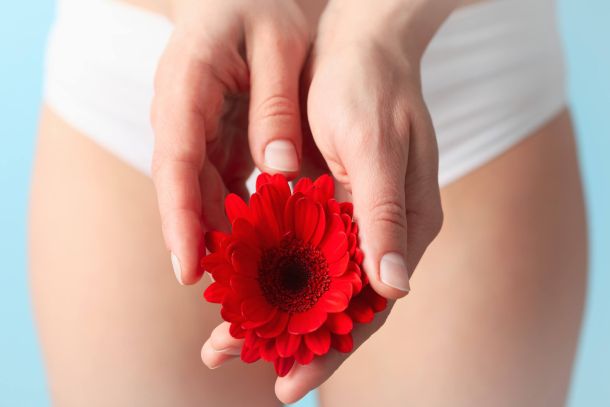Allergic cough in children: causes and treatment
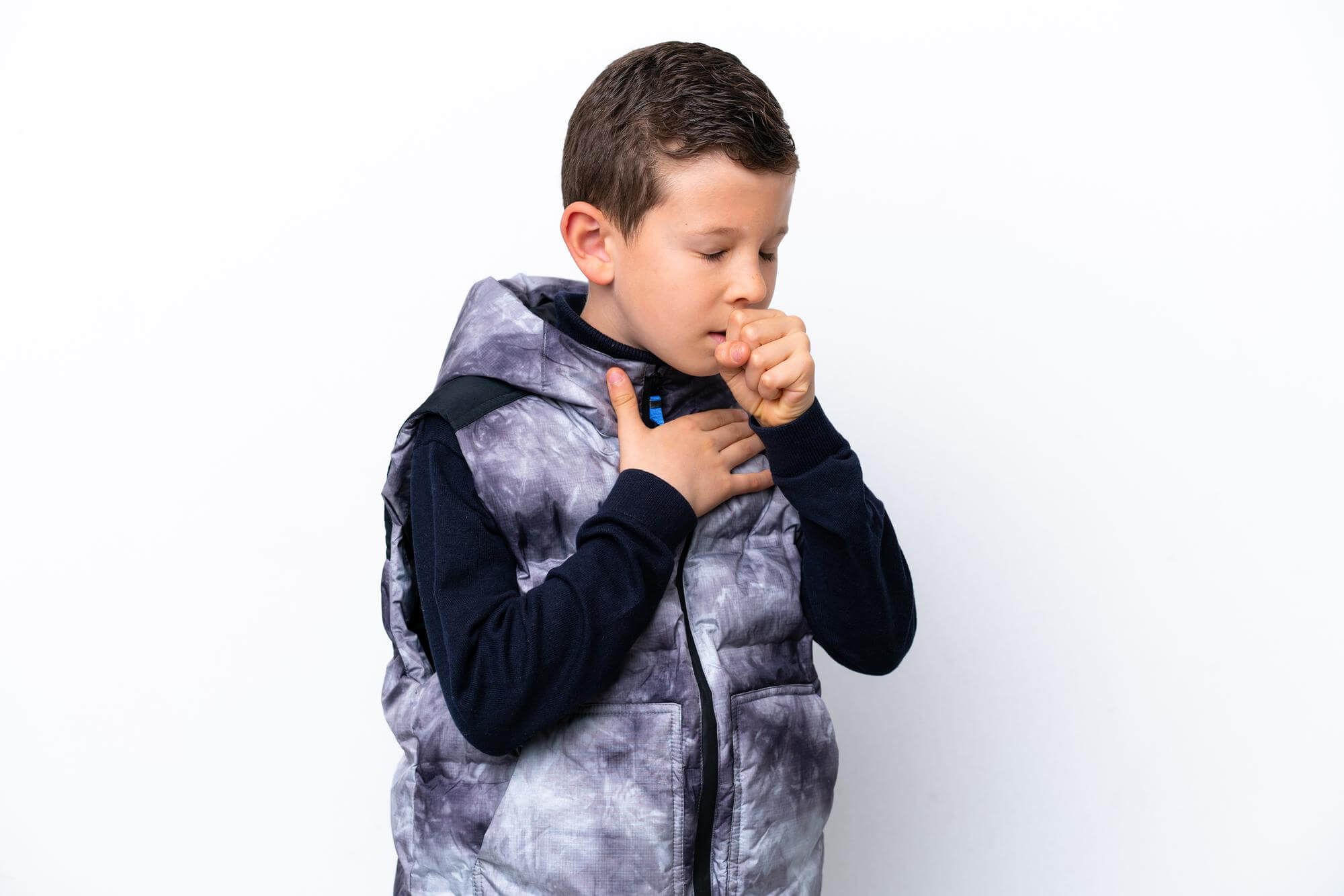

Viktor Levchenko
Allergic cough in a child is one of the common symptoms of allergies. Parents must be attentive to this manifestation in order to determine the cause and begin proper treatment in time. In this article, an experienced allergist will explain the symptoms, causes, treatment and prevention of allergic cough in children.
Causes of allergic cough in children
Allergic cough in children can occur due to various factors. Let's look at the main causes:
- Plant pollen allergy cough usually occurs during certain seasons of the year when plants bloom and release pollen.
- Hair, dander, and pet saliva can cause an allergic cough in a child, especially in children who are hypersensitive to these allergens.
- Certain foods such as milk, eggs, nuts, fish and seafood can cause allergic cough in children, especially those who are prone to food allergies.
- Detergents, air fresheners, and other household chemicals can cause allergic cough in children, especially those who are hypersensitive to chemicals.
- Some medications, such as antibiotics or aspirin, can cause allergic cough in children, especially those who are hypersensitive to certain medications.
Symptoms of allergic cough in a child
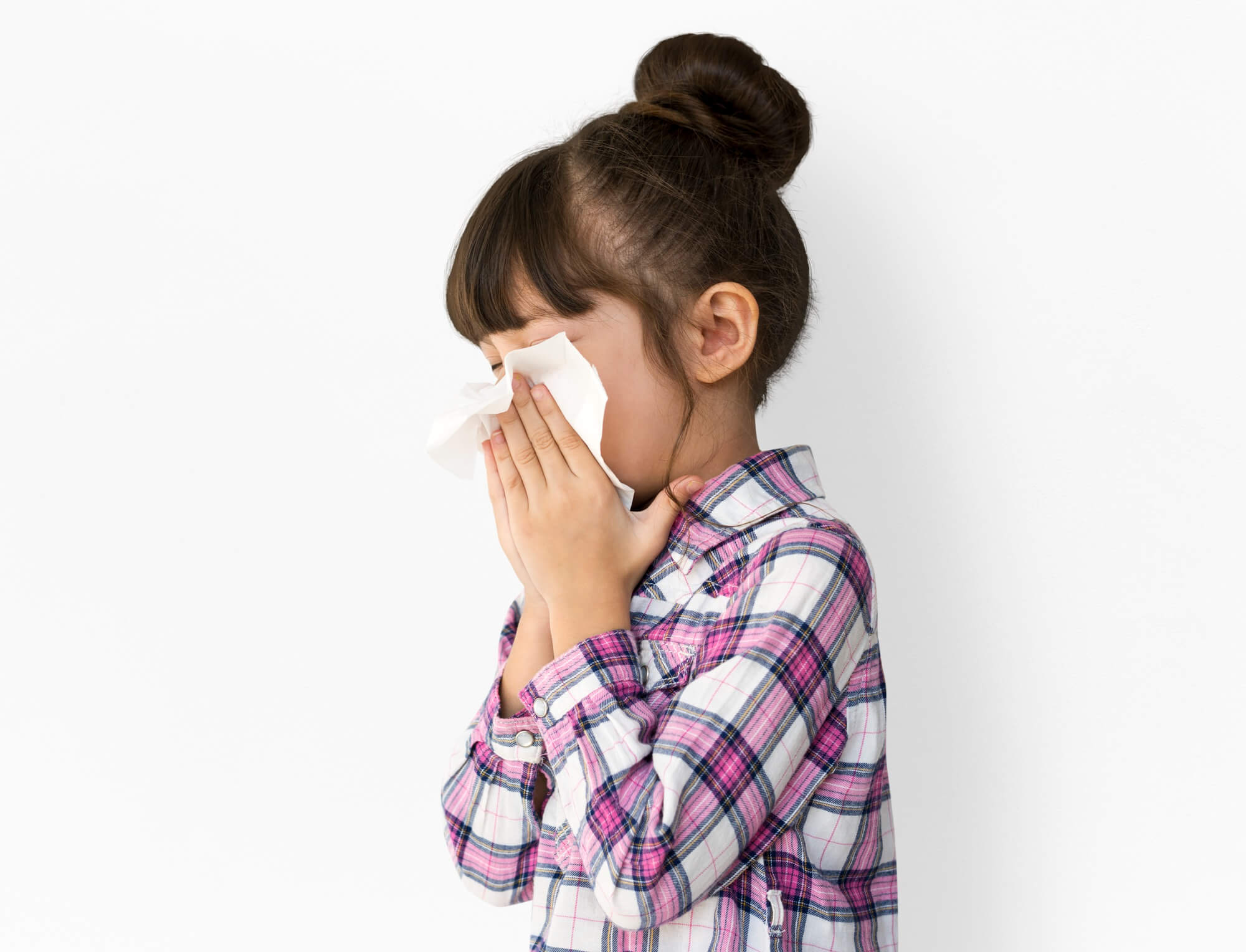
Allergic cough in a child can be dry or wet, barking or with sputum. It usually has an attack-like character and intensifies at night.
Allergic cough may be accompanied by itching and watery eyes, stuffy nose, sneezing, skin rash and itching. These symptoms can help recognize the allergic nature of the cough.
An allergic cough in a child usually occurs after contact with an allergen and may increase at night, causing anxiety and sleep disturbance in the child.
Diagnosis and treatment of allergic cough in children
In order to properly diagnose an allergic cough in a child, you should contact specialists:
- The pediatrician will assess the child's condition, ask questions about the symptoms, and recommend seeing an allergist-immunologist.
- The allergist will perform additional examinations, including a review of the child's medical history, examination, and prescription laboratory tests.
- Blood tests for class E immunoglobulins (IgE), skin tests for allergens, or other specific tests may be ordered to detect allergies.
Treatment of allergic cough in children
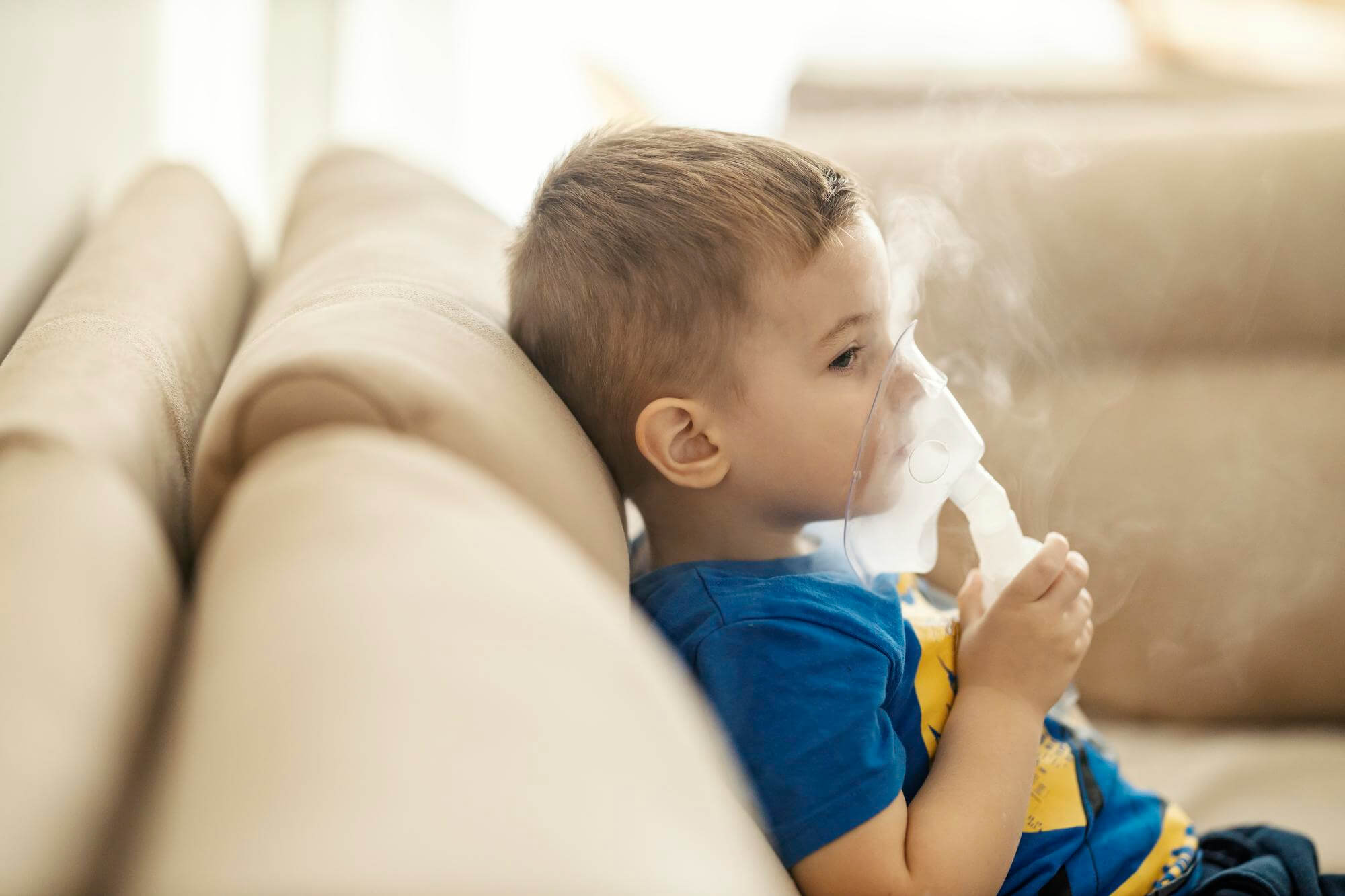
Once the diagnosis is made, the doctor will suggest a set of measures to treat allergic cough:
- The most important step in treating an allergic cough is to eliminate contact with the allergen that is causing the cough.
Use of antihistamines
Antihistamines such as loratadine, cetirizine, or fexofenadine can help relieve allergy symptoms, including coughing. It is important to consult your doctor about the choice of medication and dosage.
Using inhalers and nebulizers
In some cases, inhalers or nebulizers with bronchodilators (such as salbutamol) or corticosteroids (such as beclomethasone) may be prescribed to treat allergic cough.
Immunotherapy
Immunotherapy may be recommended in cases of severe allergies or when other treatments are ineffective. This method consists of administering small doses of an allergen in order to gradually get the body used to the allergen and reduce the allergic reaction.
Prevention of allergic cough and tips for parents
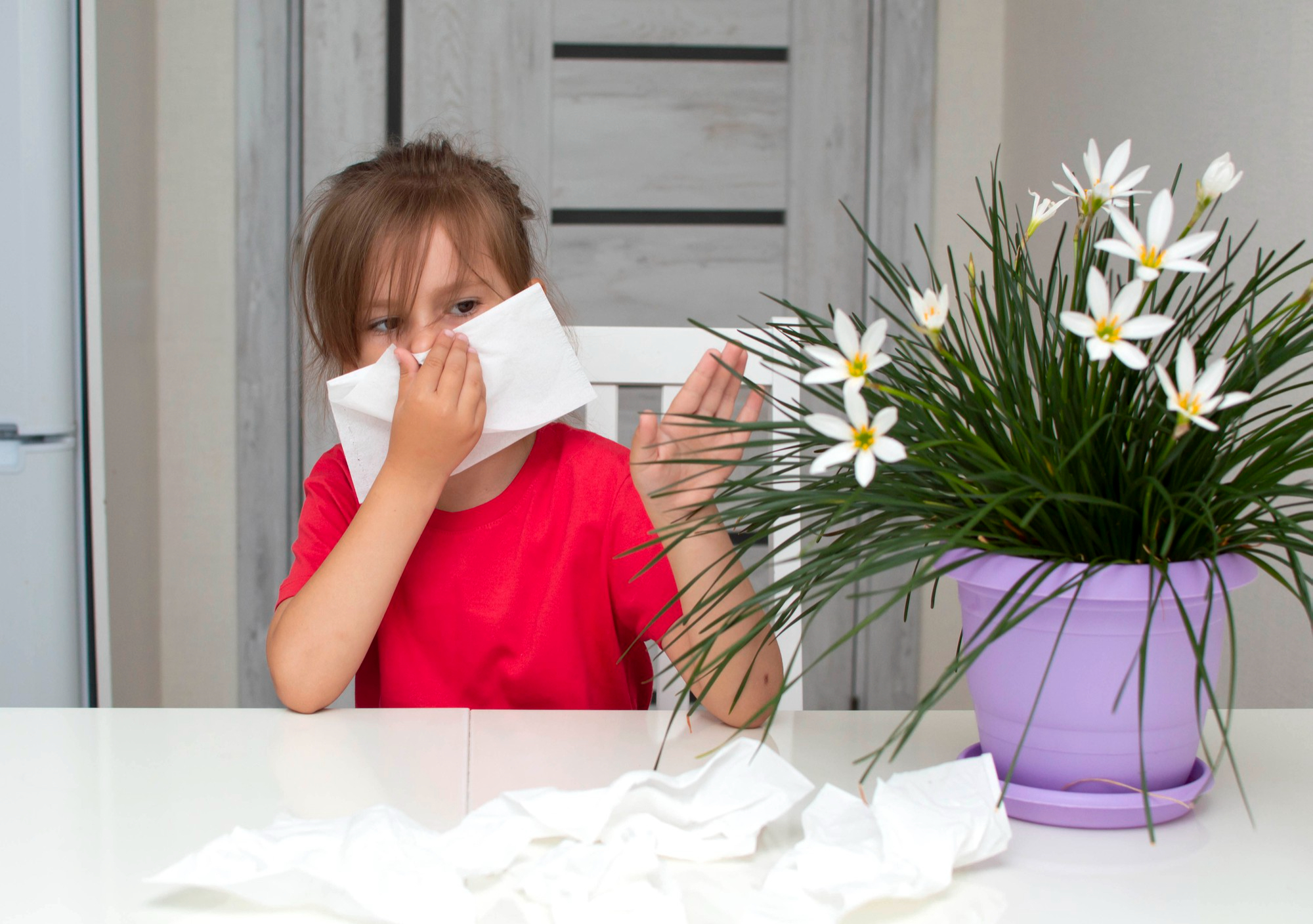
To prevent allergic cough in children, we recommend eliminating contact with allergens, wet cleaning the room, using hypoallergenic household chemicals and cosmetics, and avoiding exposure of the child to secondhand smoke.
Tips for parents to relieve the child's condition
With an allergic cough in a child, parents should ensure comfortable conditions: humidity of 50-60%, room temperature of 18-22 degrees, drinking plenty of warm water or herbal decoctions, as well as following the doctor's prescription and regular preventive check-ups.
In conclusion, we would like to note that allergic cough in a child is a serious symptom that requires timely treatment by a doctor. Compliance with all the recommendations of a specialist, as well as preventive measures, will help get rid of allergic cough and prevent its exacerbation. It is important to remember that each case of allergy is different, and only an experienced allergist can choose the best treatment plan for your child. Do not forget to see the specialist regularly and follow his recommendations in order to keep your child healthy. Take care of your children and stay healthy!
New materials
Popular Articles
We recommend reading
Contact us in the Contact Us section to ask questions, offer ideas, or for more information about our allergy resource.
Our articles are your trusted source of allergy knowledge. Learn how to make life with allergic reactions easier on our specialized portal.
©
Lechenie-Allergii.com. All rights reserved.
© Lechenie-Allergii.com. All rights reserved.
The information on this site is for informational purposes only and is not a substitute for professional medical advice. We recommend consulting with qualified medical professionals for accurate information and advice.
 English
English  Українська
Українська  Русский
Русский 








